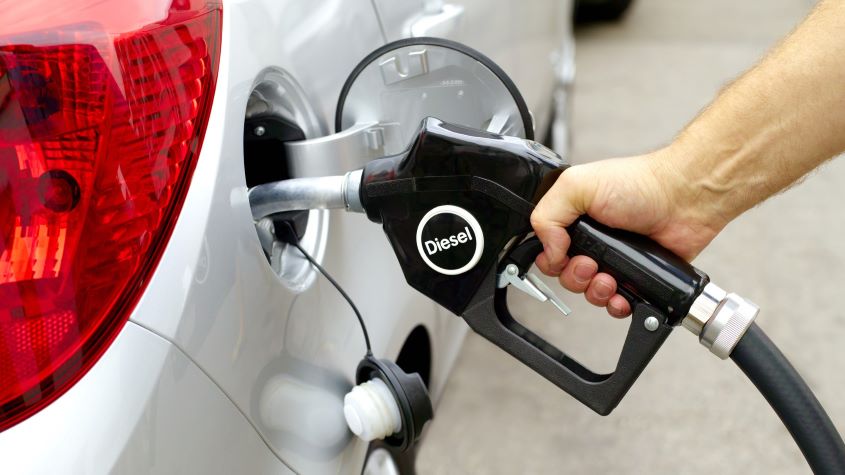In recent years, the automotive industry has seen a seismic shift in the wake of the Dieselgate scandal. It all began with Volkswagen, but it didn’t end there. The shadow of emissions scandals looms large, and Peugeot has found itself under the same cloud.
Table of Contents
Lawsuits and Legal Battles
The Peugeot diesel saga began with allegations that, like its peers, the company employed defeat devices to manipulate the emissions of its diesel engines. These devices, software embedded within the engine management system, could detect when a car was undergoing an emissions test and then alter the performance to meet legal standards. However, in real-world driving conditions, the same cars were emitting pollutants at much higher rates.
Such practices not only breach regulatory mandates but also deceive consumers who believe they are purchasing environmentally friendly vehicles. Peugeot has vehemently denied these claims, but the legal and reputational repercussions are substantial and multi-faceted.
The legal front is where the Peugeot diesel claim is currently being fought most vigorously. Class action lawsuits have been filed in several countries, and the French carmaker has already been criminally charged in its home country for alleged fraud related to diesel emissions by French authorities, with potential implications under EU law. The automaker has been directed to allocate £25.88 million for compensation. In a nutshell, the legal battles stem from consumer deception and damage to public health due to increased nitrogen oxide (NOx) emissions.
The outcome of these lawsuits will not just pass judgement on Peugeot, but also set precedents for how the industry, regulators, and the public must move forward concerning diesel vehicles and emissions. If found guilty, the company could face hefty fines and may need to compensate consumers for the financial and environmental impact of its actions.
Consumer Impact and Public Health
Diesel vehicles have long been contentious because of their higher emission levels compared to gasoline-powered cars. The accused actions of Peugeot, if proven, magnify the risks associated with diesel engine emissions. The increased levels of NOx can contribute to smog and health effects, especially in urban areas.
Consumer trust in the company, and potentially even the integrity of the entire automotive market, is under strain. For Peugeot owners, the potential decrease in resale value and the question of environmental responsibility are pressing concerns.
The allegations suggest that Peugeot’s diesel vehicles may have emitted pollutants far beyond legal limits. This not only has immediate effects on air quality in the regions where the vehicles are driven but could also worsen issues such as climate change that diesel regulations aimed to mitigate.
Who Is Eligible to Claim?
Peugeot and Citroën diesel car owners are eligible to claim if their vehicle has been manufactured from 2009 to 2020. Eligibility criteria often include the make, model, and year of the vehicle. Despite the complexity of the case, the process is designed to be accessible to individuals who may have unwittingly been part of the issue. Evidence is key, and substantiating the claim with engine and car details is fundamental to bolstering it against potential legal and corporate defence.
As the case plays out, potential recalls, compensation, and a reevaluation of the vehicles’ long-term value could become part of the equation. It also underscores the importance for consumers to be vigilant, informed, and assertive in their choice of vehicles and in holding manufacturers accountable. Amid the controversy, Peugeot diesel compensation claims experts can be invaluable resources for diesel vehicle owners.
Consider joining or participating in collective actions or class-action lawsuits. These group efforts can amplify your claim’s impact and provide additional validation through numbers. Working collectively can also be a more resource-efficient way to pursue a complex legal claim.
What’s Next?
For those mulling over their options, the road ahead demands careful consideration and proactive engagement. The consequences of inaction are twofold: missed opportunities for compensation and a perpetuation of environmental harm. By taking active steps towards filing a Peugeot diesel claim, car owners can contribute to a broader narrative of environmental stewardship and corporate accountability. By staying informed and engaged, affected individuals can not only seek redress for their circumstances but also influence systemic change.
The discourse around the issue is emblematic of a critical intersection between consumer rights, public health, and environmental sustainability. It serves as a cautionary tale to both manufacturers and consumers, challenging long-held beliefs and practices within the automotive industry.
For those contemplating their next steps in light of this issue, knowledge is your greatest ally. Understanding the intricacies of the claims process, your rights as a consumer, and the broader context surrounding the Peugeot diesel emissions issue can equip you with the insights necessary to make informed decisions. Whether through individual claims or collective action, your voice and involvement can shape the outcomes of this pivotal moment in the automotive world. Keep abreast of the latest developments at https://www.claimexperts.co.uk.
